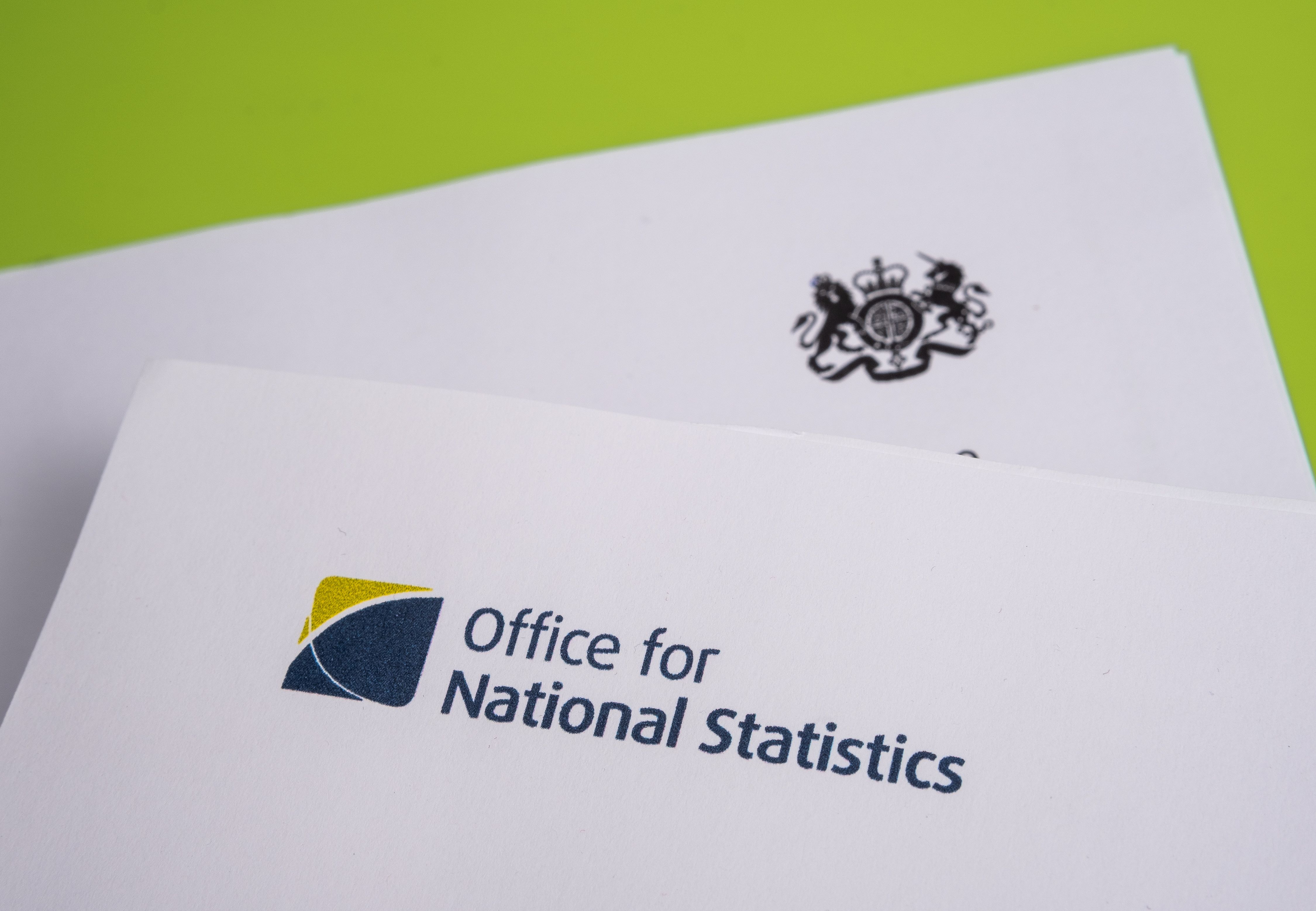
The UK reached its lowest inflation figure for almost three years today (17 April), as the Office for National Statistics (ONS) published its latest numbers on price growth in the country.
‘Welcome news’
The 3.2% figure for March is a 0.2% decrease on the previous month, facilitated in part by a slowing in price increases in food such as meat and cereals, the BBC reports.
Inflation’s recent peak of 11.1% came in October 2022, with that number falling since then.
However, Grant Fitzner, chief ONS economist, noted that slowing price increases were likely to be offset by a continuing rise in fuel.
Marco Forgione, director general of the Institute of Export & International Trade (IOE&IT), said:
“While it is positive to see a drop in the price of fish, milk, seafood, jams and butter since last year, consumers are still feeling the pinch at the supermarket checkout. These products are often sourced locally and are produced within the UK and are not so reliant on fragile international supply chains.
“It is integral that well help consumers understand why these price rises occur and that we invest in key infrastructure to protect key commodities."
Forgione said that ongoing disruption, including the Red Sea crisis, was "certainly adding pressure to market conditions."
While chancellor Jeremy Hunt said it was “welcome news” and marked progress towards the Bank of England’s target inflation rate of 2%, shadow chancellor Rachel Reeves said:
“Prices are still high in the shops, monthly mortgage bills are going up and inflation is still higher than the Bank of England's target.”
China effect?
Inflation continues to cool across a host of nations globally, something Chinese president Xi Jinping argued yesterday (16 April) was down in part to increased exports from his country.
Speaking to German chancellor Olaf Scholz as he visited Beijing, Xi said that Western figures who were hostile to rising Chinese exports – particularly in the area of green technologies – didn’t take into account the role those exports are playing in addressing both inflation and climate-related issues:
“China’s exports of electric vehicles, lithium batteries, photovoltaic products [and so on] have not only enriched global supply and alleviated global inflation pressure but also made great contributions to the global response to climate change and green and low-carbon transformation.”
EU investigations
The visit by Scholz comes after the EU embarked on a series of probes into Chinese manufacturing, particularly in industries such as electric vehicles and renewable energy technology.
Scholz suggested that “unilateral economic policy decisions in China are creating big structural difficulties for companies in Germany and Europe” in a discussion with Li Qiang, China’s premier. The chancellor added that Germany was considering “scaling back lopsided dependences, diversifying supply chains and reducing risk for the economy”.
Li argued that China’s production was a reflection of its unique position as a country and its comparative advantage. Oversupply of goods “serves competition, as well as the survival of the fittest”, he said.
‘Progressive realism’
Shadow foreign secretary David Lammy has set out his issues with the recent approach of the UK’s government towards China as well as how a future Labour government would change it, in an article in Foreign Affairs magazine today.
In what he dubs a case for “progressive realism”, he says the UK needs to adopt “a more consistent strategy” towards China that “challenges, competes against and cooperates with” the country “as appropriate”.
That approach would, he notes, “recognise China’s importance to the British economy”, and draw a “crucial” distinction between de-risking and more completely decoupling.
“It is in everyone’s interest,” he says, “that China’s relationship with the West endure and evolve.”

